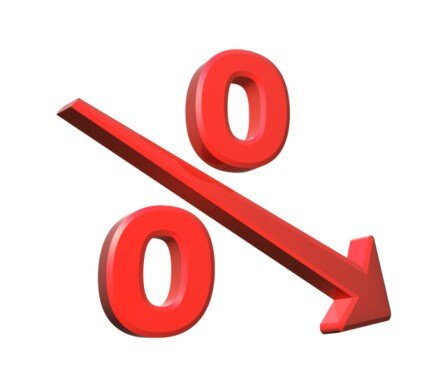
NAHB Joins Leading Economists Warning that Tariffs Threaten an Economic Downturn
From NAHB Now. This post was updated on May 4 to reflect a new record high for lumber prices.
NAHB Chief Economist Robert Dietz joined several other prominent economists at the National Press Club in Washington today to warn that a trade policy based on tariffs is harmful to growth and prosperity.
Even as President Trump moves to invoke tariffs on steel and aluminum imports, the housing industry is already reeling from sharp increases in lumber prices resulting from tariffs averaging more than 20% that were slapped on Canadian softwood lumber shipments into the United States.
The increase in the cost of lumber since the beginning of 2017 has been enough to drive up the price of an average new single-family home by more than $6,000 and the market value of an average new multifamily housing unit by roughly $2,400.
“These dramatic price increases are directly attributable to the lumber tariffs, which act as a tax on American renters and home owners, harming housing affordability as well as impeding job creation and economic growth,†Dietz said at the press conference.
Meanwhile, the latest Random Lengths Framing Lumber Composite Price Index released on May 4 shows that lumber prices set a new record this week at $525 per 1,000 board feet. This is more than 2% above the previous all-time high of $513 set in early March.
In a letter organized by the National Taxpayers Union and unveiled at the press conference, 1,100 economists, including 15 Nobel laureates and advisers to presidents Reagan, George H.W. Bush, Clinton, George W. Bush and Obama, signed an open letter to President Trump and Congress warning that a protectionist trade policy threatens to take the nation down the same path that occurred in 1930 when Congress approved the protectionist Smoot-Hawley Tariff Act that helped trigger a trade war that worsened the global economic downturn.
The letter notes that “Congress did not take economists’ advice in 1930, and Americans across the country paid the price.â€
Reflecting the fear that history will repeat itself, the letter stated:
“We are convinced that increased protective duties would be a mistake. They would operate, in general, to increase the prices which domestic consumers would have to pay. A higher level of protection would raise the cost of living and injure the great majority of our citizens. Few people could hope to gain from such a change.â€
The letter further added that workers in construction, transportation, utilities, banks, hotels, retail and other professions “would clearly lose†in a trade war because “they produce no products which could be protected by tariff barriers.â€